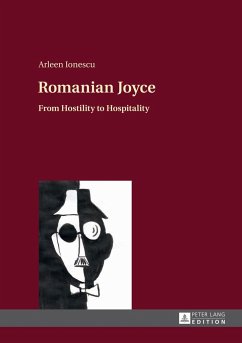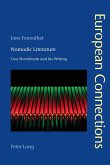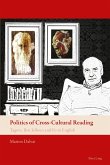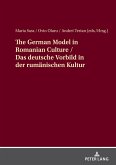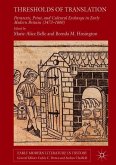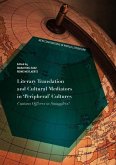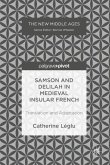This study makes Romania's largely unknown Joycean heritage visible to an international readership. Reviewing Joyce's critical reception and translations, as well as the writer's influence on Romanian prose, it brings Derrida's notion of "hostipitality" to comparative literary and translation studies in order to theorize the impact of politics and ideology on fiction. After an original survey of the links between Romanian modernism/postmodernism and Western literature, it focuses on alternate trends of hostility and hospitality towards Joyce, especially his techniques and style. It examines how translations dealt with themes prone to communist censorship (politics, sexuality, religion, food), before discussing Joyce's impact on Romanian writers such as Eliade, Biberi, Balaita and Otoiu.
«Romanian Joyce is a fascinating study of the ways in which Joyce's work diffuses into the Rornanian literary scene, and it is a very welcome addition to Joyce studies, creatively extending the ways in which we !hink about Joyce's reception, translations, and re-creation.»
(Agota Marton, James Joyce Quarterly 4/2015)
(Agota Marton, James Joyce Quarterly 4/2015)

